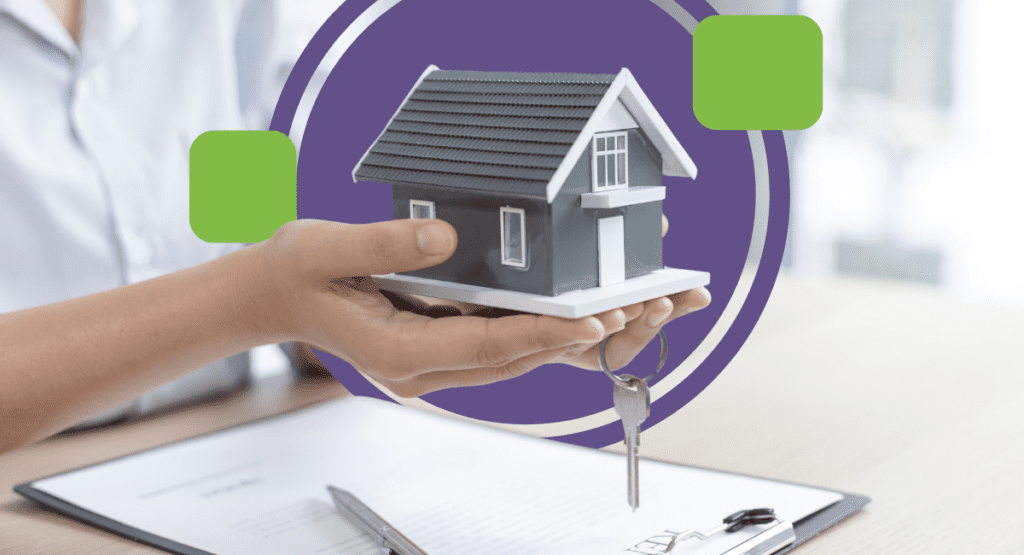Buying a home can feel daunting, no matter your situation. For medical professionals, however, a combination of high student loans and just starting out in your career can make saving a down payment difficult as a first-time homebuyer.
The good news is that there are down payment assistance programs for healthcare workers. Let’s look at some of the home loan programs available for those working in medical fields.
Homes for Heroes
It’s possible to get rewarded for a home purchase when you participate in Homes for Heroes. Use a real estate agent who’s part of the program, and you can get a reward check based on the home price. In fact, this program can also provide closing cost assistance by helping reduce lender costs.
Eligibility: Registered nurses and nursing assistants are eligible, along with doctors and other healthcare professionals. Borrowers need to be buying, selling or refinancing a home and need to talk to the local Homes for Heroes specialist to learn more.
Application process: Reach out to Homes for Heroes, and they will put you in contact with a specialist in your area. Then, you go through the process of getting their help as you buy a home.
HUD Good Neighbor Next Door Program
The Department of Housing and Urban Development (HUD) offers a homebuyer program called Good Neighbor Next Door, designed to help those who work in certain professions with a home purchase. In addition to being open to healthcare professionals like emergency medical technicians (EMTs), law enforcement officers, firefighters and teachers are also included. You can get up to 50% off the purchase of the home.
Eligibility: You must purchase a home in a revitalization area from listings provided by HUD. Additionally, you must be willing to use the home as your primary residence for at least three years.
Application process: Start by checking the listings in your state and submitting an offer on a specific home. If selected, you must sign a “silent second” mortgage on top of the regular loan. You don’t have to make interest or principal payments on that second mortgage loan amount as long as you meet the occupancy requirements.
What mortgage product do you need?
Your Occupation
Home Price Range
Preferred Down Payment
Stage You're At in the Home Buying Process
When Do You Want a Mortgage Approval?
How Many Banks Would You Like Quotes From?
Any Bankruptcies or Short Sales?
Full Name
Phone Number
State Where You Plan to Purchase
Metro Area Where You Plan to Purchase
Citizenship Status
Communication Preference
Would You Like to Add Any Additional Details?
City and state down payment assistance for medical professionals
In some cases, medical professionals can get help with homeownership through local programs. These Home Finance Agencies (HFAs) use various methods to help qualifying buyers become homeowners.
It’s important to note that some of these programs aren’t just for healthcare professionals and might help others as well. These programs might be based on household income and have income limits.
Down payment assistance funds in these areas don’t have to be repaid and can be used to help you get into your first home.
Not every state offers these programs, but some places where you might have access to these programs include:
Check your local area to find out what mortgage programs are available. Additionally, find out the eligibility and application requirements since each program is different.
Programs with zero or low down payment options
Don’t forget about different government-backed home loan programs. These might come with low down payment options or even come with no down payment.
FHA loans
FHA loans might allow you to get a home loan, even if you don’t have a good credit score. You can buy a home with as little as 3.5% down when your score is at least 580. You will need to pay mortgage insurance for the life of the loan, as well as other fees.
Eligibility: Anyone is eligible as long as the home falls within purchase price requirements and has no more than four units. You must agree to live in the home as your primary residence for at least 12 months.
Application process: A mortgage broker or loan officer can let you know if they participate in the FHA loan program. You go through the mortgage application process as usual, and if you meet lender requirements, you can potentially get an FHA loan with a low down payment.
VA loans
With a loan guaranteed by the Veterans Administration, you might be able to get a loan with 0% down. A VA loan generally comes with a funding fee based on various factors, like the type of loan you get and the total amount borrowed. However, you won’t have to worry about mortgage insurance.
Eligibility: You must be an active duty member of the military or a veteran. Some spouses and former spouses might qualify as well. You also need to meet the criteria set by the lender.
Application process: You need to get a Certificate of Eligibility (COE) and go through a VA-approved lender. Regular loan application rules apply as well.
USDA loans
Another government-backed option is the USDA loan. You can buy a home in a designated area with no down payment as long as you meet household income requirements and other criteria.
Eligibility: You must conform to income limits and be looking to buy a home in a designated rural area.
Application process: Not all mortgage lenders work with the USDA loan program, so look for a broker or loan officer that does. You’ll need to provide various documentation that you qualify for as you go through the mortgage application process.
Fannie Mae and Freddie Mac
Both the Fannie Mae HomeReady and the Freddie Mac Home Possible programs allow you to get a conventional loan with as little as 3% down. You might need a higher credit score to qualify, and your home’s purchase price needs to fit within the conforming loan limits for your county.
Doctor loan programs
Finally, some lenders offer physician loan programs specifically aimed at helping doctors buy a home with little to no down payment. These programs often allow healthcare professionals, specifically those with advanced degrees, to buy a more expensive home. In fact, you might be able to get a jumbo loan of up to $1.5 million or more with as little as 0% down.
However, you usually need an employment contract and be expected to make a higher income if you want to qualify for a doctor’s program. You can find out from each lender whether they have a program and what the criteria are.
Medical professionals face challenges when buying a home
Often, medical professionals struggle with meeting debt-to-income ratios due to their high student loan payments when they get done with school. Additionally, many residents, when they finish, might not have a high income.
Finally, while going through school, residency and starting a family through it all, it might be hard to save up a down payment in conjunction with applying for a first mortgage loan.
How down payment assistance programs can help
Down payment assistance programs help by reducing the need for a down payment. They might provide you with a portion of your down payment or even reduce the purchase price of the home. This makes it possible to get a home loan—even if you don’t have a down payment or you have a low down payment.
Pros:
- Get help with a down payment to buy a first home.
- You don’t usually have to pay back down payment assistance funds.
- Get into a home sooner than you expected.
Cons:
- There are usually residency requirements and other criteria that can limit how you use the funds or when you can move.
- You might be tempted to get a bigger house than you can afford, especially since a lower or no down payment might lead to a higher monthly payment.
- Not all programs are available everywhere.
Next steps for down payment assistance for medical professionals
If you think a down payment assistance program can help you get into a home sooner, the next step is to research programs in your state or to check to see if you qualify for down payment help from a specific program. You can also compare physician mortgage loan programs to determine if that might be a good way for you to buy a home.

